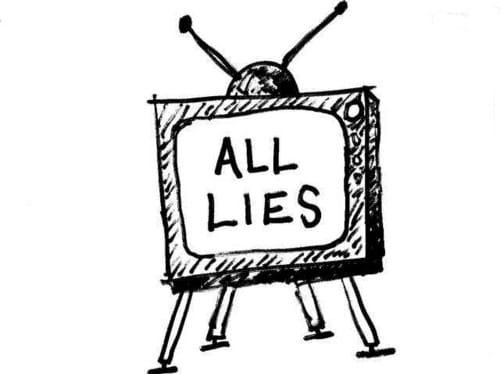The year is 2009. A mysterious figure named Satoshi Nakamoto publishes a whitepaper promising to free humanity from the tyranny of centralized banking. Fast forward to today: that promise has mutated into something far more troubling—a system where wealth is even more concentrated, where corporate power has merely shifted form, and where the very notion of human cooperation has been stripped down to mathematical transactions.
But what if cryptocurrency isn't just about money? What if it's a perfect case study in how modern technology doesn't just shape what we think, but dismantles our capacity to imagine alternatives to technical solutions?

The Total System of Technical Control
Jacques Ellul's genius was in recognizing that technique—the totality of methods rationally arrived at and having absolute efficiency in every field of human activity—creates its own form of propaganda. This propaganda isn't simply lies or manipulation; it's the inevitable output of technical systems themselves. The technical system requires our participation and belief to function, so it generates justifications for itself automatically.
This is where Ellul's concept of technique converges perfectly with his analysis of propaganda. In our technical society, propaganda isn't just about convincing people of specific ideas—it's about creating a complete environment where technical solutions appear as the only possible answers to human problems. The propaganda of technique doesn't just change opinions; it eliminates the possibility of thinking outside technical parameters.
The False Promise of Automated Trust
When McLuhan said "the medium is the message," he was pointing to something profound about how technology reshapes consciousness. Cryptocurrency exemplifies this perfectly, but not in the way its advocates imagine. Consider its core promise: replacing human trust with mathematical certainty.
This isn't actually the automation of trust—it's the elimination of trust in favor of control. Real trust is inherently social, inherently human. It involves risk, judgment, and the possibility of betrayal. What cryptocurrency offers instead is surveillance and constraint masquerading as freedom. Every transaction is permanently recorded, every interaction predetermined by code.
The "trustless" system doesn't enhance freedom—it eliminates the very social relationships that make freedom meaningful. In trying to make trust unnecessary, it makes genuine human cooperation increasingly impossible.
The Propaganda Machine That Devours Freedom
Cryptocurrency's propaganda system operates on multiple levels:
- Language Colonization
- Technical terms replace social concepts
- "Freedom" becomes defined purely in terms of market transactions
- Community is reduced to shared speculation
- Reality Inversion
- Centralization of wealth is presented as "democratization"
- Corporate control is rebranded as "decentralization"
- Social atomization is marketed as "individual sovereignty"
- Historical Amnesia
- Previous forms of mutual aid are forgotten
- Traditional forms of cooperation are dismissed as primitive
- The possibility of non-technical solutions vanishes
Competing Realities in the Technical Milieu
What we're witnessing isn't simply the technification of reality, but the splintering of reality itself. The technical system creates multiple, competing versions of truth:
- The Technical Reality
- Where all problems have technical solutions
- Where human relationships can be reduced to transactions
- Where freedom means freedom from human interdependence
- The Marketing Reality
- Where technical systems promise utopia
- Where every new protocol claims to revolutionize society
- Where criticism is dismissed as fear of innovation
- The Lived Reality
- Where wealth concentration intensifies
- Where human connections are increasingly mediated and monitored
- Where genuine autonomy becomes harder to imagine
The New Face of Authority
The ultimate achievement of technical propaganda isn't just to convince us of particular ideas, but to eliminate our ability to imagine alternatives. Consider how cryptocurrency has evolved:
- It began as a tool for escaping traditional financial control
- It has become a more perfect form of financial surveillance
- It replaces human solidarity with technical protocols
- It strengthens corporate power while using the language of liberation
The genius of this system is that it presents itself as anti-authoritarian while creating new, more sophisticated forms of control. The authority it creates doesn't appear as authority at all—it appears as objective necessity, as the natural order of things.
Beyond Technical Determinism
The challenge we face isn't just about resisting particular technologies or systems—it's about preserving our capacity to imagine and create genuine human relationships outside technical mediation. This requires:
- Recognizing that technical solutions often deepen the problems they claim to solve
- Remembering that human cooperation existed before technical systems and can exist without them
- Understanding that real freedom comes through solidarity, not technical isolation
- Maintaining spaces for human interaction that aren't mediated by technical systems
The future of authority isn't a simple choice between old and new forms of control. It's about recognizing how technical systems create their own forms of propaganda and control, while preserving our ability to imagine and create genuine alternatives.
The medium isn't just the message anymore—it's becoming a compete system of thought that threatens to eliminate all others. Our task is to keep alternative realities not just possible, but alive and growing.

